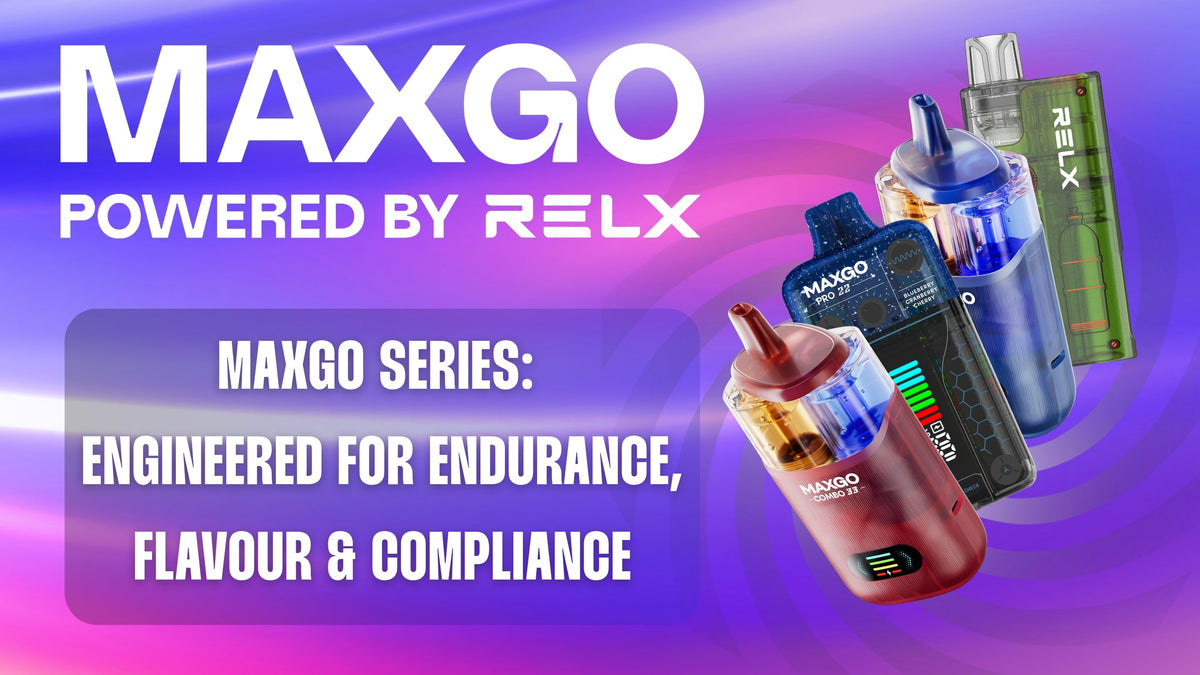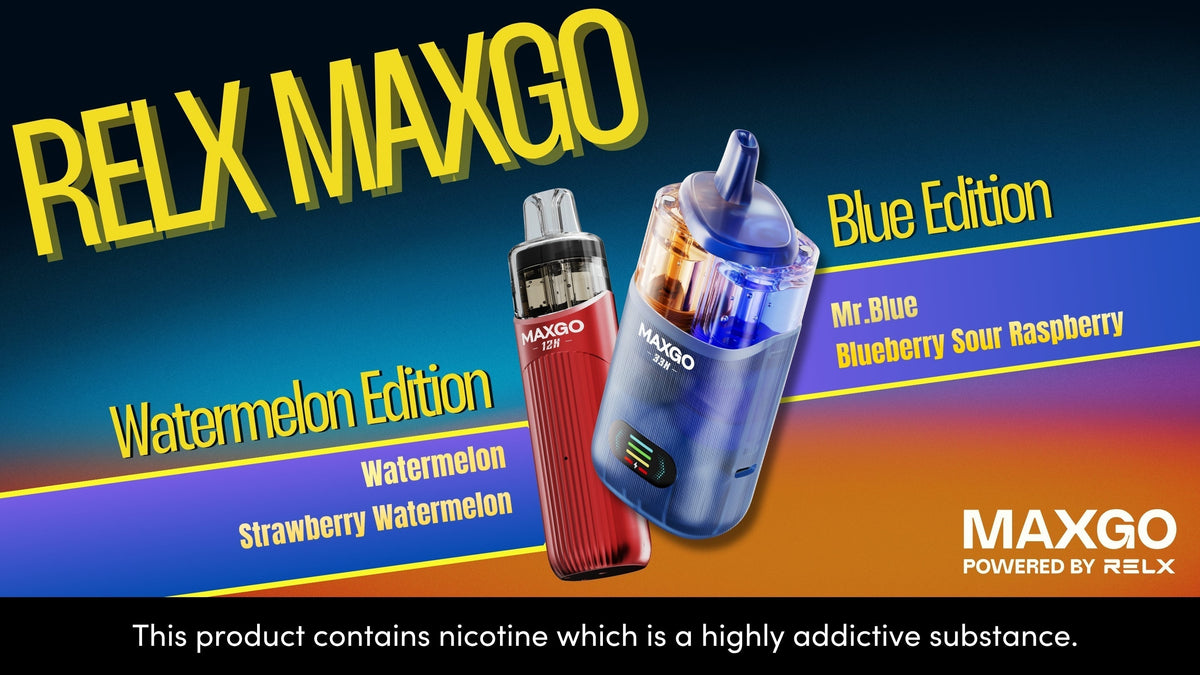Anti-Vaping Rhetoric Misleads Public About E-Cigarette Safety
There is no denying that the consensus towards vaping is negative across the board in the public eye. Though it isn’t as negative or poorly perceived as cigarette smoking, it certainly doesn't earn glowing praise. But why? An analysis of the studies on vaping and the sources of anti-vape rhetoric sheds light on how it propagates misleading perceptions in public discourse.
Are Vapes as Bad as Cigarettes?
Given the negative portrayal of vaping culture, one might think that they are at least on par with cigarettes in terms of the damage they could cause to your health. Therefore, it might be a surprise to learn that the NHS recognises that vaping is less harmful than smoking.
Does this mean vaping is a risk-free habit with no possible downsides in store? Of course not. Researchers still aren't aware of the long-term effects that vaping may carry, largely because of how recent of a phenomenon it is. Still, that line gets thrown around a lot. How long can one continue to call vaping a ‘recent phenomenon'?
The modern vape became available for mass consumption in 2003. Almost twenty years later, there are still questions surrounding the long-term side effects. It's no wonder so many are becoming frustrated. The frustration only deepens when considering the growing body of evidence demonstrating how vaping hasn’t nearly the same health risks as smoking traditional cigarettes and that, in many cases, vaping helps with smoking cessation.
To truly understand why anti-vape rhetoric has become so prevalent, perhaps instead of looking to the future, we should cast our minds back to its origins.
Where Does Anti-Vaping Rhetoric Come From?
Media panic has a lot to answer for when it comes to negative rhetorics of all kinds, particularly when it comes to vaping. One of the most prominent examples is the ‘EVALI epidemic’, an instance between 2019 and 2020 where over two-thousand people were hospitalised due to vaping in the United States. However, there is far more to this story than initially meets the eye.
Although various news sources reported that vaping was to blame for this ‘epidemic', the truth is that vaping had very little to do with it. In actuality, it was the questionable chemicals within the vapes specifically used that caused the hospitalisations. These harmful substances included THC or CBD, products native to marijuana that are not legally purchasable in regular vapes.
In addition to THC and CBD, some of the vapes in question contained vitamin E acetate, which many believe was the underlying cause of the numerous lung injuries reported. The practice of vaping wasn’t to blame. Instead, the illegal purchasing of unapproved products was behind this event.
Negativity Sucks the Public In
This arguably negligent reporting has had lasting, damaging effects on how the public responds to vaping. Rather than taking the nuanced view that particular ingredients within said vapes were to blame, the public have seemingly adopted the notion that all vapes are harmful and capable of putting you in hospital. This is not the case.
As we said before, vapes are not entirely risk-free, but there seems to be an overwhelmingly negative bias towards them, as demonstrated in media coverage. It is likely due to the unfortunate truth that negative news receives more attention. Reasons for this vary, but it's a phenomenon that leading media sources are all too familiar with, which is why they often push the worst news possible without making some key distinctions.
An example of a valuable key distinction that a more nuanced analysis would reveal is that vapes are not all equal in quality. It is irresponsible to throw the word ‘vape’ around without recognising the sheer diversity available on the market. Depending on what ingredients make up the e-liquid of choice, the risk posed to overall health can increase or decrease.
Do the Risks of Vaping Justify the Panic?
To close this out, let's finally discuss the question on everybody's lips. Is the panic valid? In short, no, but we can't leave it at that. While the media frenzy associated with the adverse effects of vaping is occasionally out of hand, it is understandable that people would be worried. Vaping only continues to grow in popularity, and if there indeed are terrifying long-term effects looming on the horizon, it's natural that we'd all want to know about them.
The issue is that, at present, the evidence does not reflect the alarms raised by the media. If anything, current research tells us that vaping is helping to produce fewer smokers on a national level. The NHS states a smoker is almost twice as likely to quit smoking entirely by vaping rather than using other nicotine replacements such as patches or gum.
It is perfectly normal to harbour concerns and ask questions, but it's important to assess the source of information. As with any information, one ought to always be critical and try to build understanding through various sources.
Conclusion
To reiterate, we don't, in any way, claim that vaping is good for you. There are proven risks involved. However, public opinion seems unfairly negative, largely thanks to the biased messaging delivered by the media. This harmful rhetoric paints an image of vaping not based on scientific fact, resulting in further confusion and fear.Also in Vape Knowledge

RELX MaxGo Series Showdown: Which Powerhouse Matches Your Vaping Rhythm?

Beyond Disposable: How RELX MAXGO 33K & 12K Redefine Sustainable Vaping Excellence

How Long Until I Can Vape After Wisdom Teeth Removal?
Vaping after wisdom tooth removal is not recommended, as it can cause complications like dry sockets. Patients should wait at least three days before vaping to ensure proper healing and minimize risks associated with the extraction site.













